Against the backdrop of the situation faced by youth in southern Algeria—regions rich in oil and gas resources but plagued by unemployment, poverty, and marginalization, alongside waves of repression and judicial persecution of activists—the organization “Shuaa for Human Rights,” concerned with human rights in Algeria, has demanded the immediate and unconditional release of opinion detainees in southern Algeria and an end to the security approach, while ensuring a fair distribution of wealth through “allocating a declared and fixed share of oil and gas revenues for the development of the south with transparent and accountable management.”
The same human rights organization, in a detailed statement obtained by Hespress electronic newspaper, called for halting all prosecutions related to peaceful expression and opening a public and regular dialogue with youth representatives and civil society to find practical solutions for the situation in the southern regions. It also called for “establishing binding local employment quotas for southern youth in operating companies, ensuring full transparency in hiring and tender procedures, protecting the environment and public health by reducing and then stopping routine gas flaring, conducting independent environmental impact assessments and publishing their results, with compensation for those affected and reparations.”
The statement added that “the situation of southern youth reveals the gap between constitutional texts and international charters to which the Algerian state has committed on one hand, and the field reality experienced by these youths on the other.” It further noted that “southern Algeria represents the main reservoir of national wealth and the backbone of the economy, yet its inhabitants suffer from conditions unworthy of human dignity: suffocating unemployment, worsening environmental pollution, lack of adequate health and educational facilities, and absence of sustainable local development.”
The source continued that “the issue goes beyond economic deprivation to systematic violations of constitutionally and internationally guaranteed fundamental rights; Article 35 of the constitution stipulates equality in rights and duties without discrimination, Article 66 guarantees the right to work, Article 21 enshrines the right to a healthy environment, and Article 52 confirms freedom of expression and peaceful assembly; however, the reality in the south reveals these texts have become hollow slogans crushed daily by state practices.”
“Shuaa for Human Rights” pointed out that “southern youth have raised their voices without demanding the impossible or resorting to violence; they peacefully expressed their simplest rights by organizing protests, writing statements, and broadcasting clips on social media documenting their suffering from unemployment and marginalization. Yet the state’s response was not to open channels for dialogue or seek solutions but repression and judicial persecution.”
The organization mentioned arrests of civil activists such as activist Sofiane Hamdat and detainee Abla Qamari, considering that “these cases clearly show how the authorities chose to confront legitimate social demands with repression and detention instead of dialogue and development,” emphasizing that this is “a systematic policy to subjugate the south and silence any voice demanding rights, in stark contradiction with Algeria’s international commitments.”
Furthermore, the human rights body confirmed that “confrontational policies have fueled unrest, with prisons chosen over listening and batons over dialogue, while southern youth today cry out: We live on seas of black gold but die poor; without work, dignity, or hope,” stressing that “instead of the security approach, institutional alternatives must be adopted through establishing permanent dialogue platforms and local mediation mechanisms in the south, and launching a hotline/independent complaint mechanism to receive reports, monitor violations, and follow up transparently.”
The statement concluded that “after moving from a security approach to sustainable institutional alternatives, a short- and medium-term roadmap begins with immediate calming measures by stopping prosecutions related to peaceful expression, followed by time-bound mandatory dialogue sessions with youth and civil society representatives with public outcome documents, then an annual employment and services program targeted according to poverty and unemployment maps, supported by measurable performance indicators and periodic reports ensuring transparency and public accountability.”
In a statement to Hespress electronic newspaper, Rashid Aouin, an Algerian human rights activist and director of “Shuaa for Human Rights,” said, “The authorities in Algeria tend to address southern youth demands with security tools due to several overlapping factors, including the inherited security doctrine that views peaceful protest as a threat to stability, centralized decision-making, and the decline of local dialogue channels, which pushes toward control rather than negotiation.”
According to the same speaker, “Another factor is the rentier nature of Algeria’s wealth, which protects interest networks and fears the contagion of demands and the long-term commitments they entail, especially amid economic fragility and energy price fluctuations,” highlighting that “this situation is exacerbated by deliberate media neglect that diminishes the legitimacy of the south’s grievances, alongside pressure from economic actors who prefer calm at any cost in production areas.”
The director of “Shuaa for Human Rights” concluded that “the authorities treat any movement in the south as a political threat rather than a social right, even though youth demands are national and non-separatist, focusing on work, dignity, environment, and fair distribution of wealth revenues within the constitutional framework and national unity,” noting that “awareness has begun to form among southern Algerian youth recently, but any movement is always treated with purely security approaches for fear of its spread to other regions.”



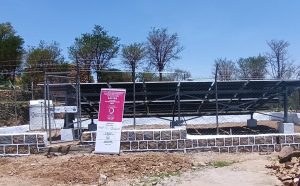
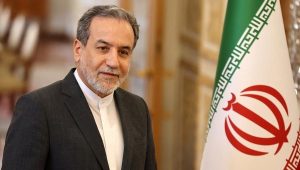
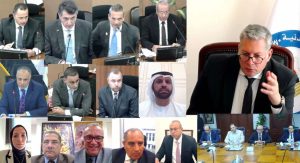
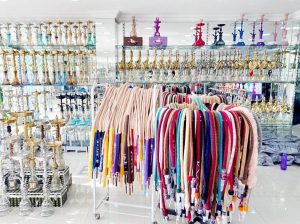
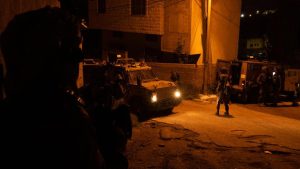
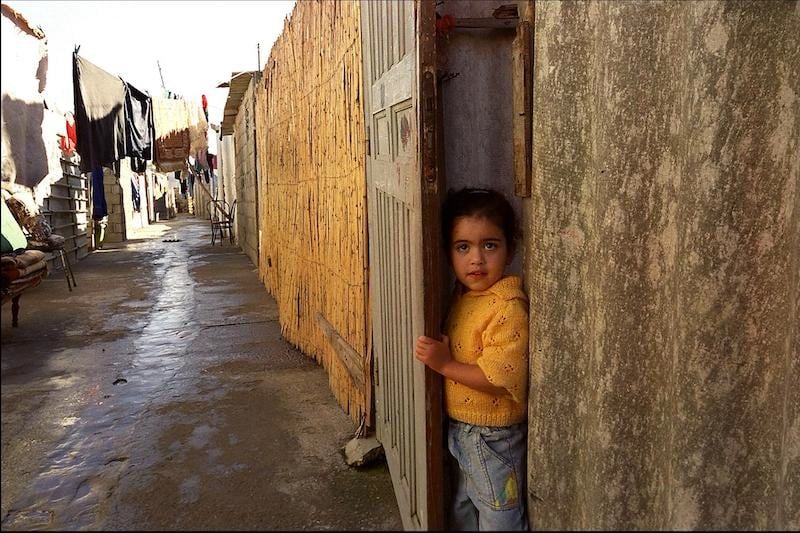




Recommended for you
Talib Al-Rifai Chronicles Kuwaiti Art Heritage in "Doukhi.. Tasaseem Al-Saba"
Exhibition City Completes About 80% of Preparations for the Damascus International Fair Launch
Unified Admission Applications Start Tuesday with 640 Students to be Accepted in Medicine
Egypt Post: We Have Over 10 Million Customers in Savings Accounts and Offer Daily, Monthly, and Annual Returns
His Highness Sheikh Isa bin Salman bin Hamad Al Khalifa Receives the United States Ambassador to the Kingdom of Bahrain
Al-Jaghbeer: The Industrial Sector Leads Economic Growth